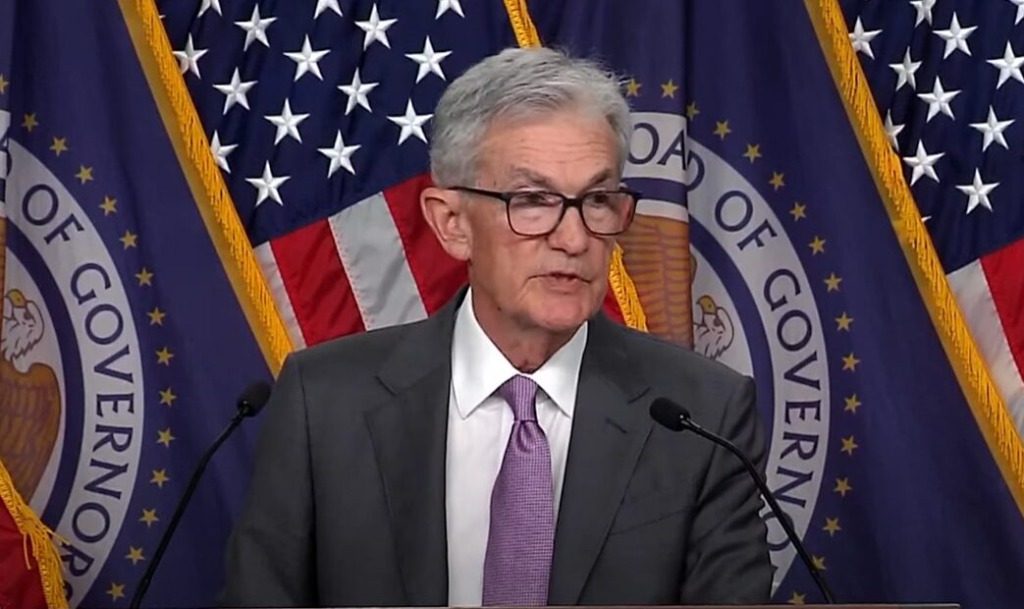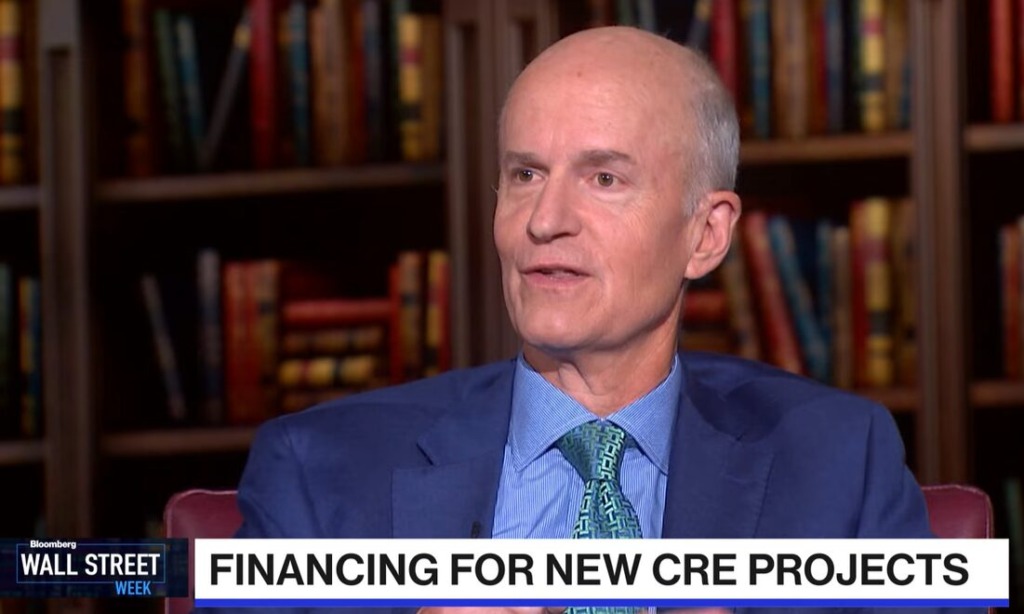
Yesterday, the Senate failed to pass a bipartisan $79 billion tax package, the Tax Relief for American Families and Workers Act of 2024 (H.R. 7024). The House-passed legislation seeks to extend various expiring tax provisions from the 2017 and pandemic-related tax bills. (WSJ, Aug. 1 | The Hill, Aug. 1)
Key Points
Roundtable Advocacy
Congress will return to Washington on September 9, with several critical legislative priorities on the agenda, including decisions on key housing policies and potential new regulations impacting the commercial real estate industry.

The Federal Reserve chose to maintain current interest rates at the same level since last July, despite calls from economists and policymakers to implement a cut. (AP News, July 31 | Axios, July 31)
Fed's Decision
CRE Markets

The Fed’s next meeting is scheduled for September 17-18, 2024.

In July, the White House announced a nationwide rent control plan that aims to cap rent increases at 5%. Owners of rental housing would only be able to take advantage of depreciation write-offs if they limit annual rent increases to no more than 5%, effectively trading depreciation deductions for price controls.
Economists on Rent Control Proposals
Survey Findings:
The Roundtable will continue to encourage policymakers to enact measures that will expand the nation’s housing infrastructure, develop more affordable units and reduce the costs of housing.